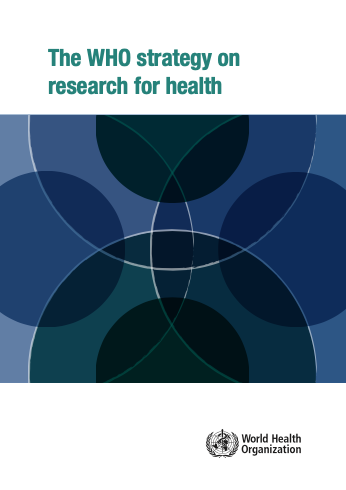
WHO Strategy on research for health
High-quality research is essential for the World Health Organization (WHO) to achieve its constitutional objective, namely “the attainment by all peoples of the highest possible level of health”. Research and the evidence that research yields are critical elements for improving global health and health equity, as well as economic development.
WHO has long given high priority to research. The fundamental importance of research for WHO is identified in Article 2 of the Organization’s Constitution: “to promote and conduct research in the field of health”. In 1959, the first Advisory Committee on Medical Research was established and regional advisory committees were to follow. Renamed the Advisory Committee on Health Research in 1986, the committee continues to convene global experts for the purpose of advising WHO on its research policies. Research concerns have appeared frequently on the agendas of World Health Assemblies.
WHO’s strategy on research for health, approved by the Sixty-third World Health Assembly in May 2010, is based on the premise that policies and practices in support of health worldwide should be grounded in the best scientific knowledge. The strategy’s mission is that all partners should work together to harness science, technology and broader knowledge in order to produce research-based evidence and tools for improving global health.


